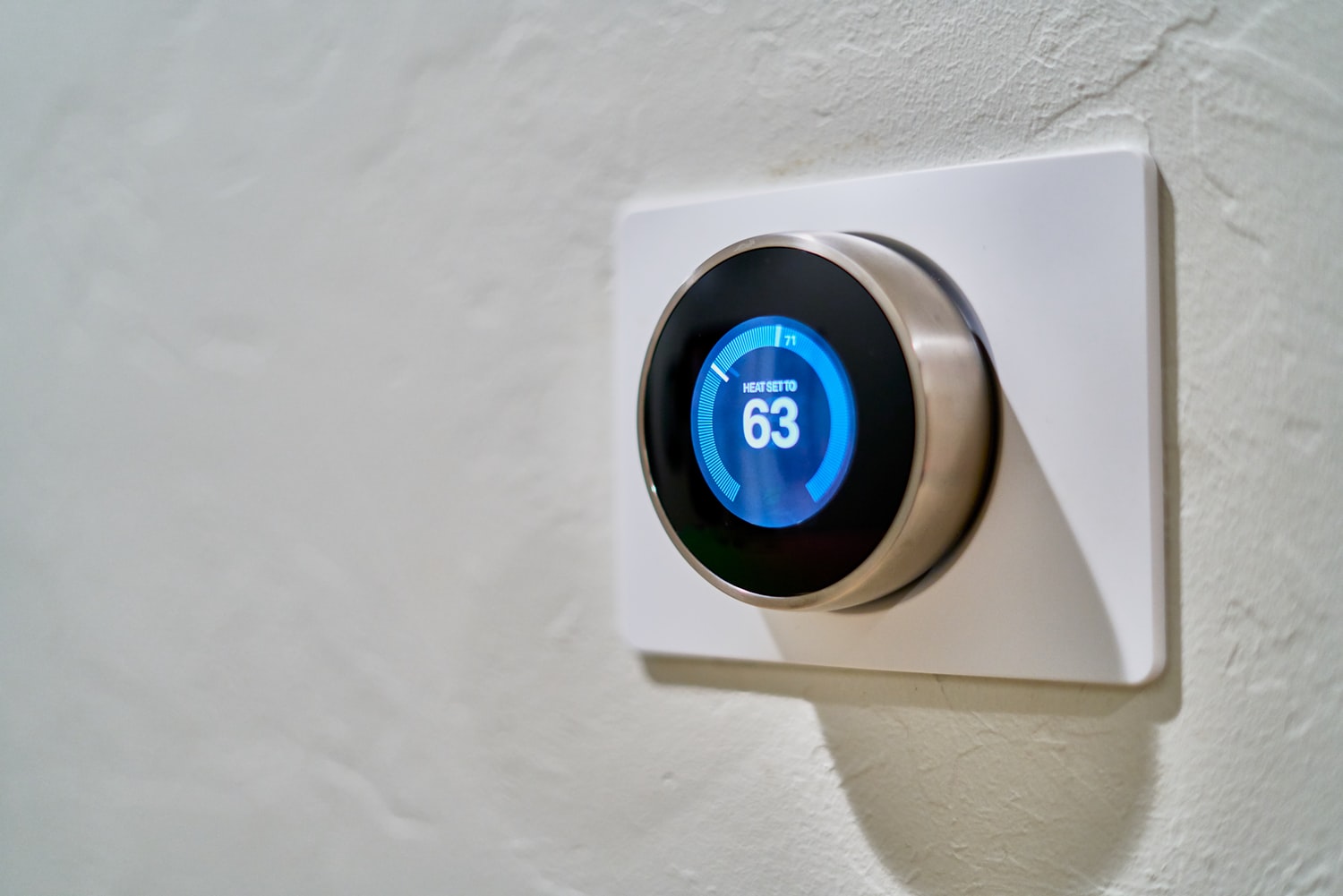In order to keep your cooling and heating system at peak performance during the times when you need to use them the most, create an annual pre-season check-up. Maintaining your equipment can help prevent problems and unwanted costs. As we all have experienced, Contractors get busy once summer and winter come, so it’s best to check the cooling system in the spring and the heating system in the fall. Here’s an A/C Maintenance checklist:
- Check thermostat settings to ensure the cooling and heating system keeps you comfortable when you are home and saves energy while you are away.
- Tighten all electrical connections and measure voltage and current on motors. Faulty electrical connections can cause unsafe operation of your system and reduce the life of major components.
- Lubricate all moving parts. Parts that lack lubrication cause friction in motors and increases the amount of electricity you use.
- Check and inspect the condensate drain in your central air conditioner, furnace and/or heat pump (when in cooling mode). A plugged drain can cause water damage in the house and affect indoor humidity levels.
- Check controls of the system to ensure proper and safe operation. Check the starting cycle of the equipment to assure the system starts, operates, and shuts off properly.
Cooling Specific
- Clean evaporator and condenser air conditioning coils. Dirty coils reduce the system’s ability to cool your home and cause the system to run longer, increasing energy costs and reducing the life of the equipment.
- Check your central air conditioner’s refrigerant level and adjust if necessary. Too much or too little refrigerant will make your system less efficient increasing energy costs and reducing the life of the equipment.
- Clean and adjust blower components to provide proper system airflow for greater comfort levels. Airflow problems can reduce your system’s efficiency by up to 15 percent.
Heating Specific
Check all gas (or oil) connections, gas pressure, burner combustion, and heat exchanger. Improperly operating gas (or oil) connections are a fire hazard and can contribute to health problems. A dirty burner or cracked heat exchanger causes improper burner operation. Either can cause the equipment to operate less safely and efficiently.
Actions To Do Yourself
Inspect, clean, change air filters once a year in your central air conditioner, furnace, and/or heat pump. Your contractor can show you how to do this. A dirty filter can increase energy costs and damage your equipment, leading to early failure.
Photo by Dan LeFebvre


